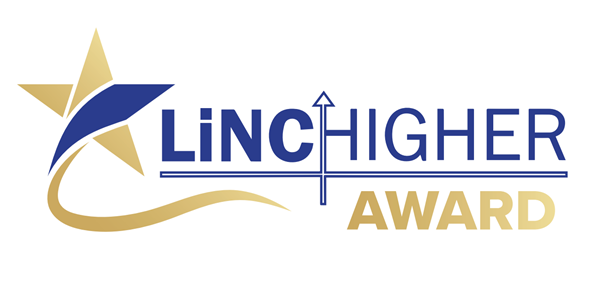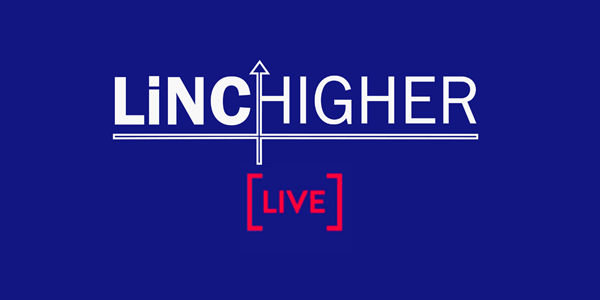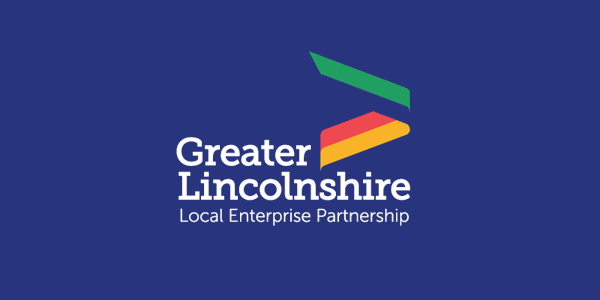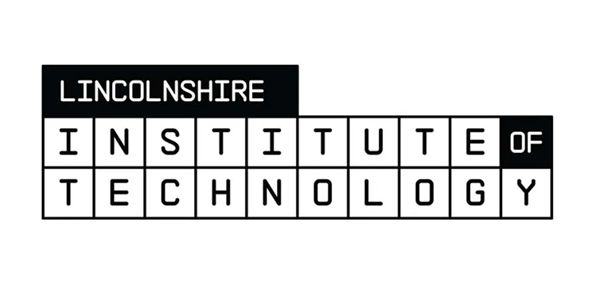Gypsy, Roma and Traveller Support
Gypsy, Roma and Traveller children and young people often experience bullying in schools, have lower levels of attainment and are among those most likely to be excluded from school. Many young people feel that their culture and way of life is not recognised or affirmed within the education system. For example, Gypsy, Roma and Traveller histories are not covered in the curriculum and many other aspects of the curriculum fail to consider the lives and experiences of Gypsy, Roma and Traveller pupils. To address the underrepresentation of people from Gypsy, Roma and Traveller communities in higher education, providers must act on barriers to school success.
Travellers' perceptions of education
Most Traveller families can see the benefits of education to the future of their children and most will want to take advantage of the services schools can offer. However, some communities can find it difficult to participate in the school education system due to the differences between schools' and their own cultures. This means that schools and local authorities may need to put in place additional measures so that Travellers can experience easier and equitable access to education services. This is likely to involve working with the communities to gain an understanding of their cultural and employment aspirations.
Consideration should be given to the various barriers faced by Travellers who do not attend school as well as those already in education. By engaging with families, staff will learn how different Travellers can be supported to attend and therefore how education services might best be improved. Schools should have information on the mobile families in their community, regardless of how temporary their stay. There may be a need for interventions or partnership work with other agencies to establish initial relationships.
Support and resources offered.
King’s College London, in collaboration with Rural Media, have developed a series of videos that give a wider perspective of several Gypsies and Travellers in higher education.
It is estimated that 3-4% of Traveller, Gypsy or Roma (GRT) students proceed to higher education, compared to 43% of their peers. The numbers are thought to be getting worse rather than better, although this is difficult to measure given so many GRT students conceal their identities for fear of racism. Another barrier is cultural. Some GRT pupils’ parents experienced patchy schooling themselves, and don’t always value education or struggle to support their children with schoolwork.
King’s commissioned a report about the underrepresentation GRT students in higher education, which assessed the barriers these students experience and made several recommendations. This includes encouraging parents and pupils to identify their GRT status and offering reassurance that this will not result in discrimination, as well as acknowledging the additional supported required for home-educated pupils. To find out more click here
Available research indicates that schools and higher education providers have important roles in supporting Gypsy, Roma and Traveller people to access higher education, both individually and collaboratively.
In the video below, Sherrie Smith, a Romani Gypsy, talks about her experience of higher education and what providers can do to support more people from Gypsy, Roma and Traveller communities to access and have a good experience of higher education.
Much of the practice in this area is at an early stage. However, below are examples of ways in which providers can support these groups of students:
1. Tackle racism and discrimination
Schools and providers should work to eliminate racism and discrimination in schools and higher education by recognising, acknowledging and challenging these occurrences.
Processes, such as admissions, can be examined to ensure they are not discriminatory and that support is available for students, such as diversity champions.
2. Improve data on race and ethnicity
Providers should address concerns people may have about disclosing their ethnicity by building trust, having open and honest conversations and acting on any concerns highlighted.
Additional categories can be provided for people to select from, for example by adding ‘Roma’ if this does not feature in existing data collection tools.
3. Provide information, advice, guidance and outreach activities
Schools should implement these activities from a young age to generate enthusiasm and interest in higher education early on.
Access and participation activities should be informed by understanding barriers to education
4. Support home education
Low levels of school attendance and high rates of exclusion from school are indicated for Gypsy, Roma and Irish Traveller pupils.
Higher education providers can work with local authorities and schools to support parents who choose to educate their children at home to do so effectively and ensure they have access to higher education outreach activities.
5. Provide staff training
Schools and providers should ensure that staff receive training to increase their understanding of Gypsy, Roma and Traveller people, their culture and norms, and ensure that staff are sensitive and respectful in the way they communicate.
Training and support available to staff can be reflected in school and higher education provider policies.
6. Review the curriculum
The higher education and school curriculum should be reviewed to include issues relevant to Gypsy, Roma and Traveller communities.
7. Enable distance learning
This can be helpful for learners who are frequently on the move. Providers should ensure students taking up this option have access to the necessary tools, such as appropriate technology, and that they can access the wider higher education community.
8. Take the GTRSB into Higher Education Pledge
Schools and providers should take this pledge to help create an open and welcoming environment for students and potential students from Gypsy, Traveller, Roma, Showmen and Boater (GTRSB) communities.
Additional resources to support Gypsy, Roma and Traveller students
- The Department for Education have identified several schools showing successful practice in improving the attainment and attendance of Gypsy, Roma and Traveller pupils. See the case studies
- Friends, Families and Travellers organisation offer support to individuals and communities nationally.
- Engagement with parents, carers and the wider community -
- Good practice guide for improving outcome for Gypsy, Roma and Traveller children in education
- Gypsy, Roma and Traveller History Education Pack
- Our Big Real Gypsy Lives - Resources for Key Stage 2 and 3 Teachers
- Gypsy Roma & Traveller students in Further and Higher Education article in Career Matters June 2021



















